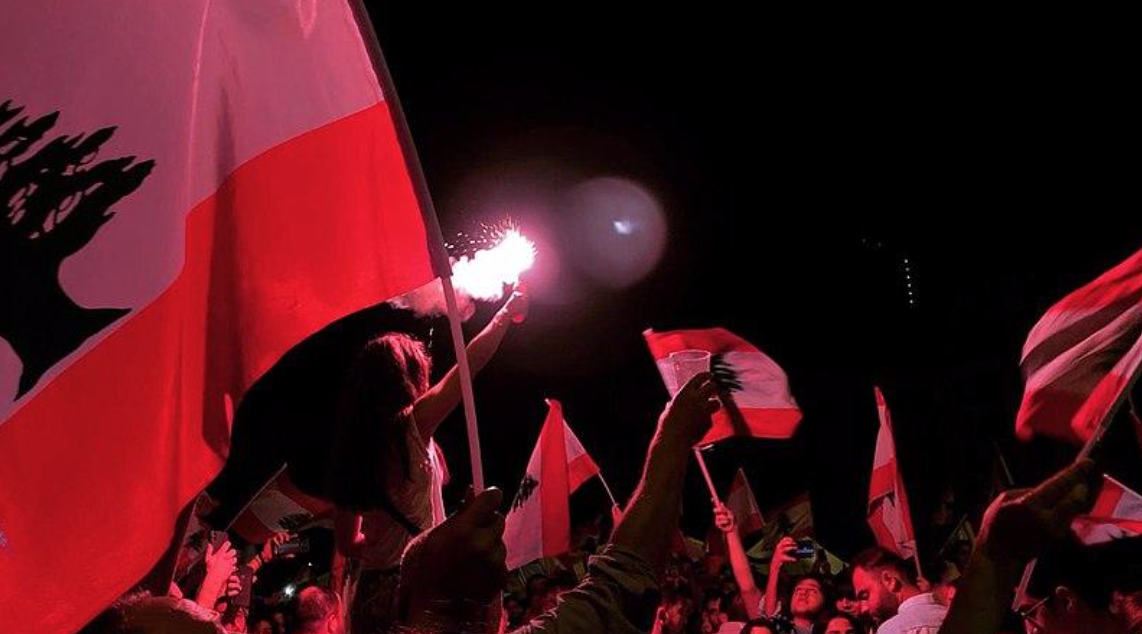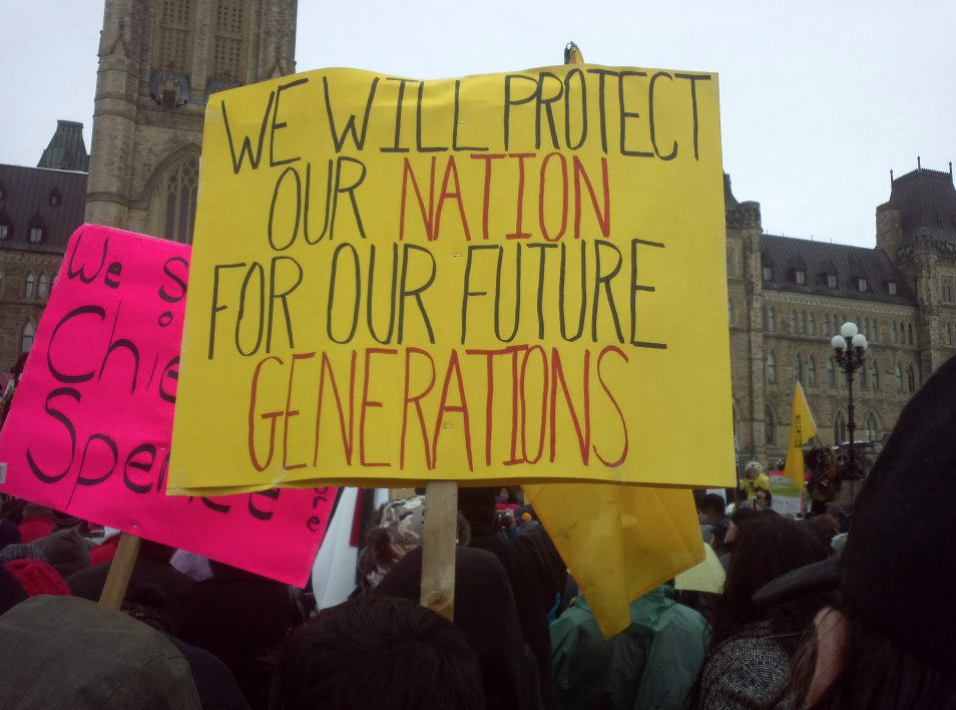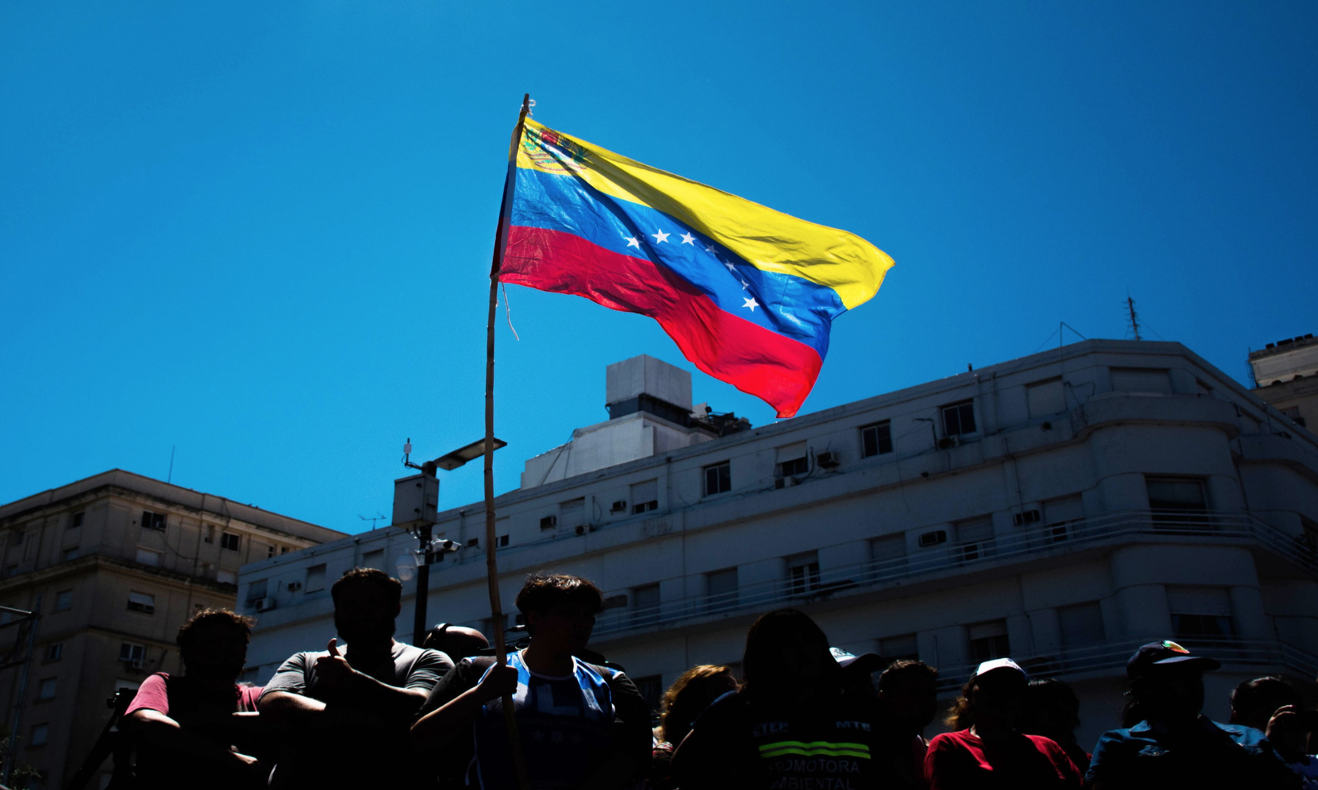Last month, the Indian government under Prime Minister Narendra Modi passed the Citizenship Amendment Act (CAA), a new set of laws that would allow minority religious groups from neighbouring Afghanistan, Bangladesh and Pakistan to more easily gain Indian citizenship. While at first glance these policies seem welcoming to targeted minorities, they notably exclude Muslims, raising questions about their true motivations.
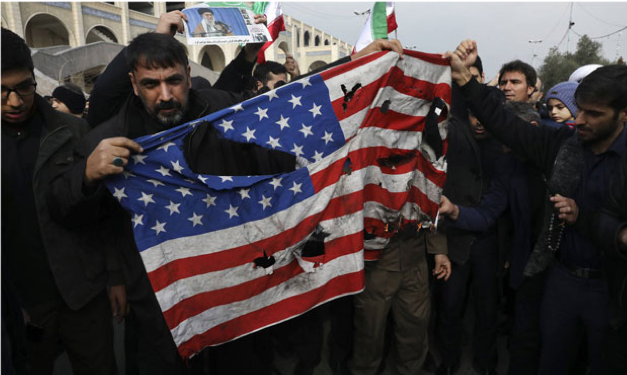
Contemporary international relations between the United States and Iran are a classic case of prioritizing inter-state objectives over human welfare. Amid rising tensions, people have become more focused on the race for superiority between Iran and the United States, rather than the resulting human suffering and violence.
Across the world, numerous countries are in the grips of raging protests that have taken to the streets. From Lebanon to Chile, citizens are fighting against economic disparity.
Across Nigeria, reports of mental health patients being mistreated in “treatment centres” – presumed medical centres dedicated to treating mental health patients – led human rights group Human Rights Watch (HRW) to visit and investigate these centres. They found that patients were being chained, denied meals and a sanitary environment, and in some cases even harmed physically as part of their treatment procedure.
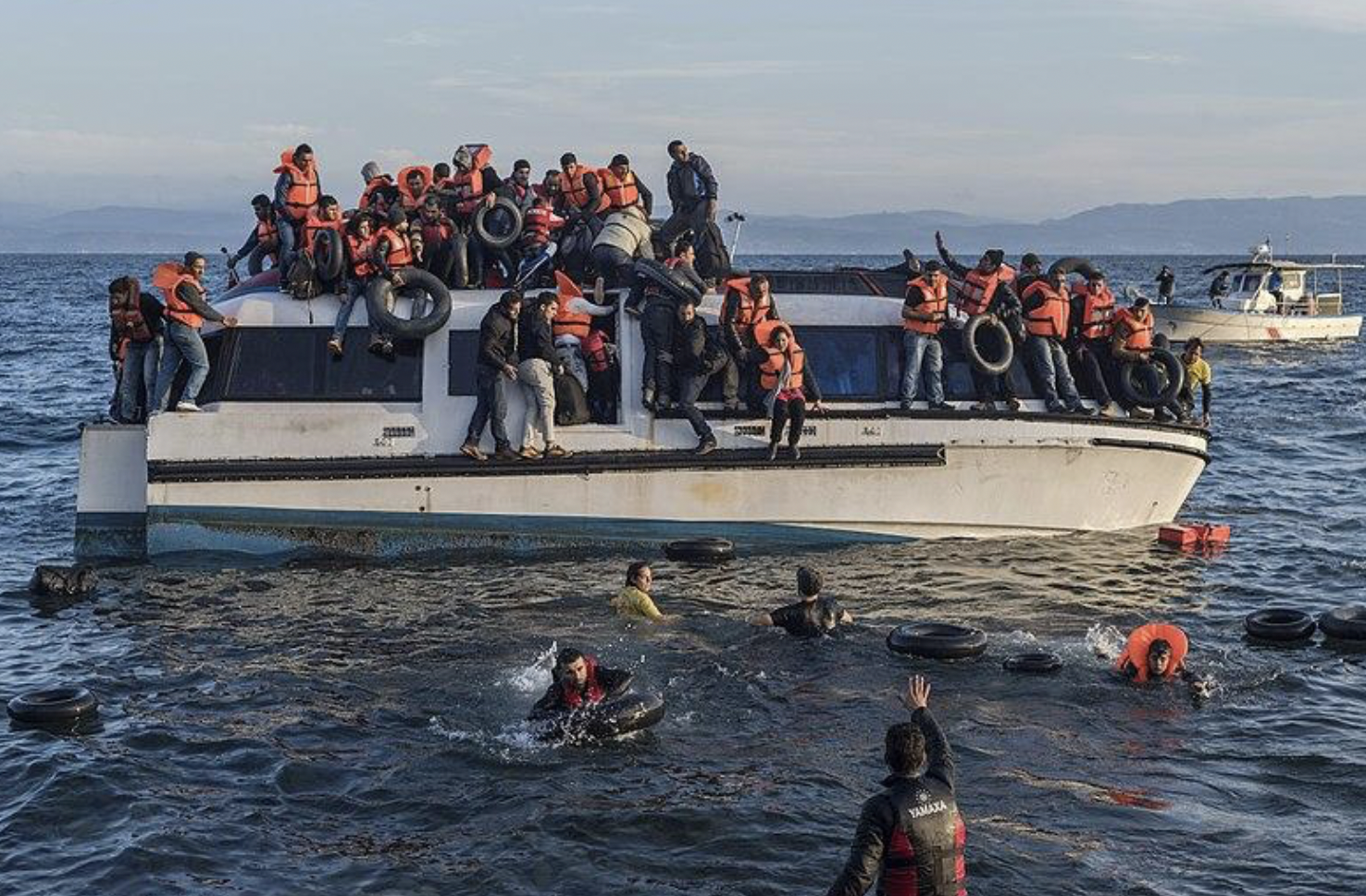
The political and economic situation in Syria as well as the ongoing civil war due to dissatisfaction with the Assad government has resulted in and perpetuated the current refugee crisis. As of October 2019, the total number of Syrian refugees and displaced peoples has risen to 12.9 million. Since 2011, the Middle East has witnessed a proliferation in popular mobilization against their respective autocratic governments triggered by political reform, a variety of religious and sociopolitical factors, and the deterioration of the economy[i]. However, the international community has up until recently largely overlooked a major underlying issue. As of recent years, studies have linked the current state of climate emergency to the continuous aggravation of the refugee crisis in this region.
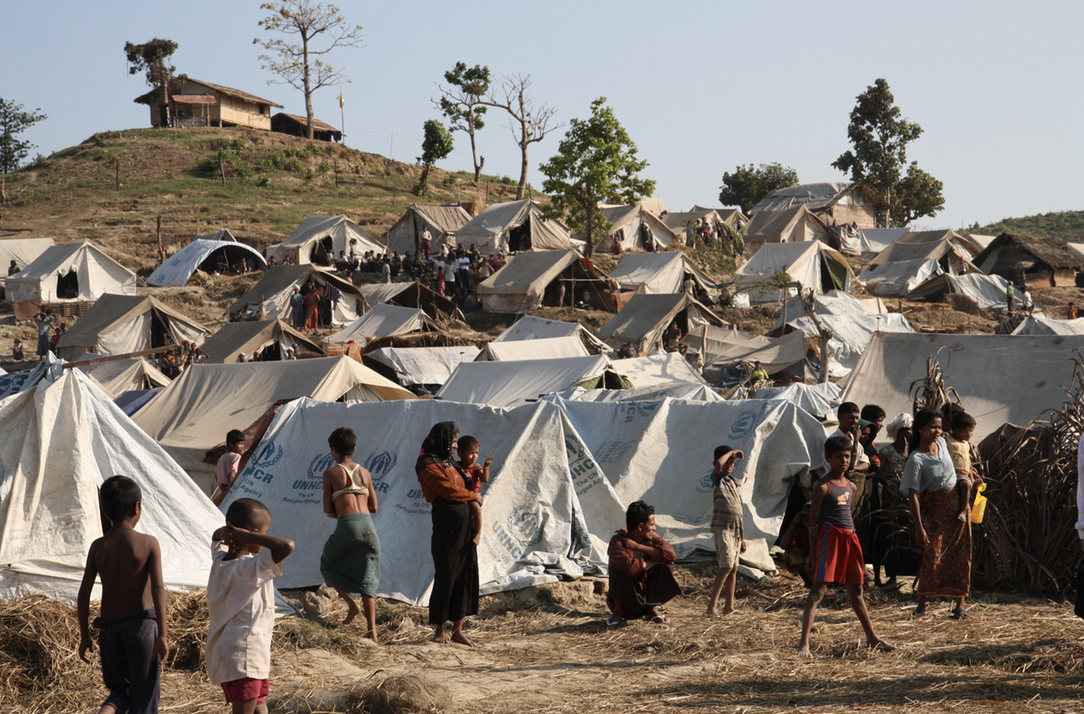
On August 31st, 2017, the lifeless husks of 9 women and 10 Rohingya refugees washed ashore the sands of Cox’s Bazar, Bangladesh.1 Under dictatorial rule of the Myanmar army between 1962 and 2011, the Rohingya people of the Rakhine State have been handed a predicament of institutionalized oppression on the grounds of religious and ethnic discrimination. While these acts of terror are often justified by the supposed targeting of extremist subsets within the population, the scale and scope of these acts can only be regarded as a “textbook example of ethnic cleansing,” says United Nations High Commissioner for Human Rights, Zeid Ra’ad Al Hussein. 2


